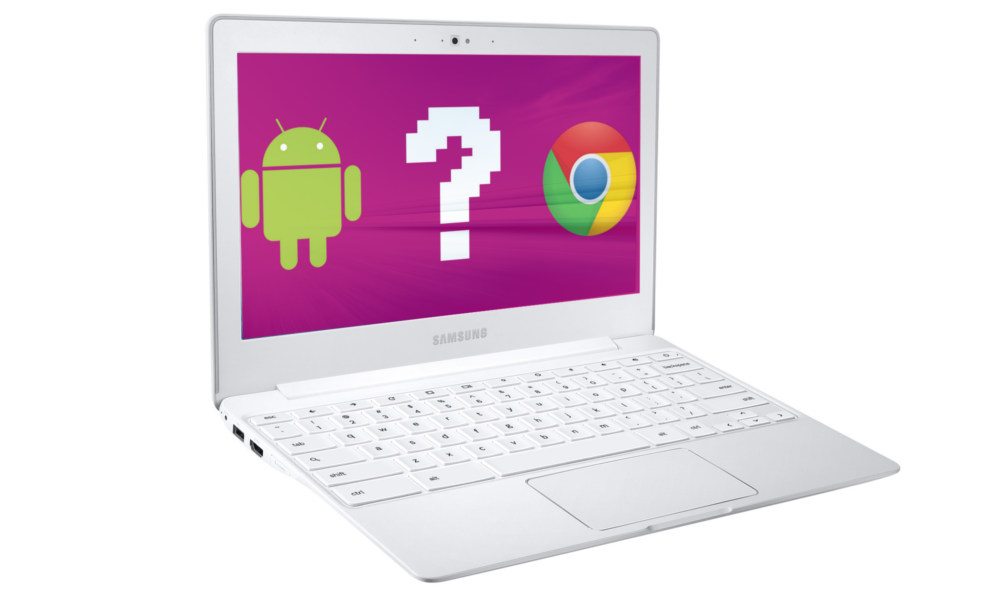Google Is Building a New Operating System from Scratch

Toggle Dark Mode
While Google already has Android, it seems that the tech giant is working on a completely new and separate operating system that it’s building from scratch.
News of the new OS, which is codenamed Fuchsia, was quietly leaked to GitHub and Google’s own code depository, according to The Verge.
And the new operating system is especially interesting because no one quite knows what it’s for yet.
One of the most interesting things about Fuchsia is that it uses a different kernel than Google’s other operating systems, like Android and Chrome OS, according to CNET.
Instead of being built on a Linux kernel, the tech giant’s newest project will be use a new kernel called Magenta — which is built on a core group of code specifically designed for devices such as smartphones and PCs, according to Tom’s Hardware.
The Magenta kernel reportedly carries some improvements over Linux-based operating systems, including better user-mode support and security.
Other evidence points to Fuchsia potentially being used for more than just Wi-Fi devices, as the new operating system carries further support for Internet of Things devices and graphics rendering.
Some have even theorized that Fuchsia could be used for augmented reality devices, CNET reported.
But the real question is why Google needs a new, scratch-built operating system?
One of the primary reasons is that Google acquired Android back in 2005, and starting over from scratch could allow for Fuchsia to be used in more applications, from Internet of Things devices to full-fledged personal computers.
Building a completely new operating system could allow Google optimize it to be lightweight, and not be restricted by past flaws and legacy code, Tom’s Hardware reported.
Lucian Armasu of Tom’s Hardware even suggests that Fuchsia could allow Google to fix potential flaws and bugs more quickly, as the tech giant wouldn’t have to wait for mobile providers and device manufacturers to push out updates at their own pace.
But the costs associated with switching to a completely new operating system could be a burden, and we still have no idea what the OS will be used for — or if it will even see the light of day.
In any case, we’ll have to wait to see exactly what Google has planned for Fuchsia.






